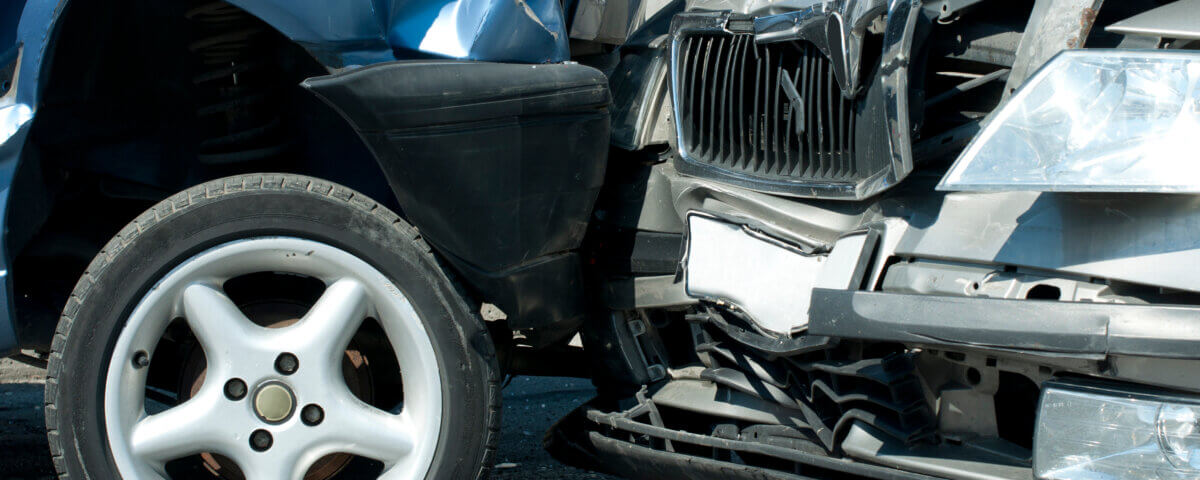California highways are busy with all kinds of large vehicles including utility trucks. These trucks provide essential services such as electricity, water, internet, telecommunications, and construction support. But when a utility truck causes a crash, questions often arise:
- Are utility truck drivers held to the same standards as semi-truck drivers?
- Who is liable if the utility truck is owned by a government entity?
- How do you pursue compensation after such an accident?
At Hillstone Law, we have extensive experience representing clients injured in collisions with both utility trucks and semi-trucks. Understanding the differences between these two types of accidents is key to securing the compensation you deserve.
Key Differences Between Utility Trucks and Semi-Trucks
While both types of trucks are large vehicles that can cause severe damage in an accident, there are important differences:
- Training and Certification:
Utility truck drivers usually require less specialized training compared to semi-truck drivers. They don’t transport passengers and are often subject to fewer federal regulations. - Size and Structure:
Utility trucks are generally larger than standard pickups or SUVs but smaller than semi-trucks. Like big rigs, they are equipped with safety features such as backup alarms and large mirrors. - Parking and Idling Rules:
Utility trucks, like garbage trucks, often have special permissions to park in restricted areas to perform their work. While this helps them provide essential services, it can also increase accident risks in high-traffic areas. - Employment Status:
Many utility truck drivers work for public agencies, municipalities, or contractors which can make filing a claim more complex than with a private trucking company.
Common Types of Utility Trucks in California
Utility trucks come in many forms, including:
- Electrical service trucks
- Water company vehicles
- Telecommunications and cable trucks
- Mobile internet or satellite service trucks
- Garbage and recycling trucks
- Construction cranes and bulldozers
- Heavy equipment transport vehicles
- Street sweepers
- Lawn care and landscaping trucks
Each carries unique risks, but all can cause serious injuries when involved in a crash.
Causes of Utility Truck Accidents
Like any driver, utility truck operators are not immune from making mistakes. Common causes of accidents include:
- Distracted or careless driving
- Fatigue from long work shifts
- Driving under the influence of drugs or alcohol
- Reckless maneuvers in restricted areas
- Improperly parked or idling trucks in traffic zones
- Mechanical failures due to poor vehicle maintenance
Liability in Utility Truck Accidents
Determining liability in a utility truck accident is often more complicated than in a standard car or semi-truck crash. That’s because many utility trucks are owned by:
- Government Entities such as cities, counties, or state agencies
- Private Utility Companies
- Third-Party Contractors hired to perform services
If the truck is government-owned, you must follow California’s strict rules for claims against public entities, which include shorter filing deadlines. Missing this deadline could mean losing your right to compensation.
What to Do After a Utility Truck Accident
If you’ve been injured in a collision with a utility truck in California:
- Seek medical attention immediately even if injuries aren’t obvious at first.
- Document the scene take photos of the truck, license plates, road conditions, and your injuries.
- Gather information get the driver’s name, employer, and insurance details.
- Report the accident to the police and request a copy of the report.
- Contact a personal injury attorney as soon as possible to identify the liable party and file your claim within the deadline.
How Hillstone Law Can Help
At Hillstone Law, we know that utility truck accident claims can be complex especially when government entities are involved. Our legal team will:
- Investigate the cause of the accident
- Identify the responsible parties, whether public or private
- Handle negotiations with insurance companies
- File claims within California’s strict statute of limitations
- Fight to secure maximum compensation for your medical bills, lost wages, pain and suffering, and long-term care needs
Note: These blog posts are created solely for the use of Hillstone Law. The information is gathered from internet research, publicly available sources, and artificial intelligence (AI) tools such as ChatGPT. While we aim to share helpful and educational content, Hillstone Law does not independently verify every detail. Some information may be incomplete, outdated, or subject to change without notice. If you believe any part of a post is inaccurate, misleading, or infringes upon copyright, please contact Hillstone Law immediately so we can review it and take appropriate action, including correction or removal.
Disclaimer: The material provided in these blogs is for general informational purposes only and should not be considered legal advice. Reading these posts does not create, and is not intended to create, an attorney-client relationship with Hillstone Law. Our intent is to share knowledge, raise awareness, and provide helpful resources to the public; however, Hillstone Law makes no warranties or guarantees about the accuracy, completeness, or reliability of the information provided, and expressly disclaims liability for any actions taken in reliance on it. The photos used in these posts are for illustrative purposes only and do not depict actual clients, individuals, or incidents unless expressly stated. If you or a loved one has been injured in an accident, please contact Hillstone Law at (855) 691-1691. Our attorneys are available to answer your legal questions and help you understand your rights.







